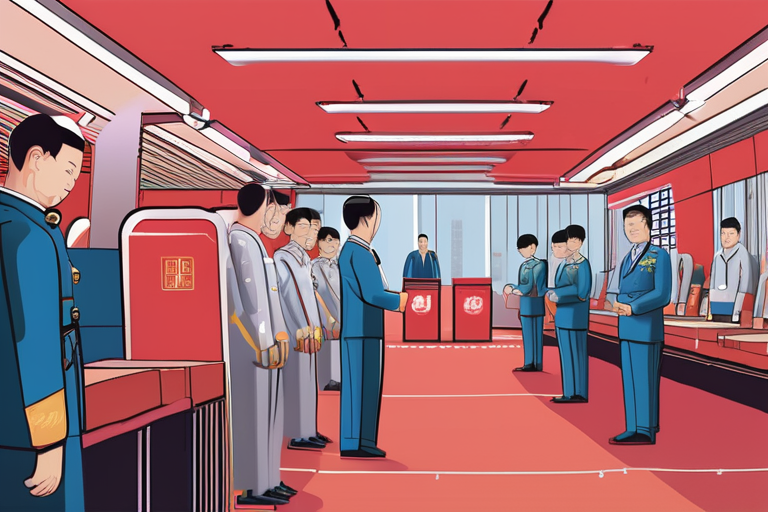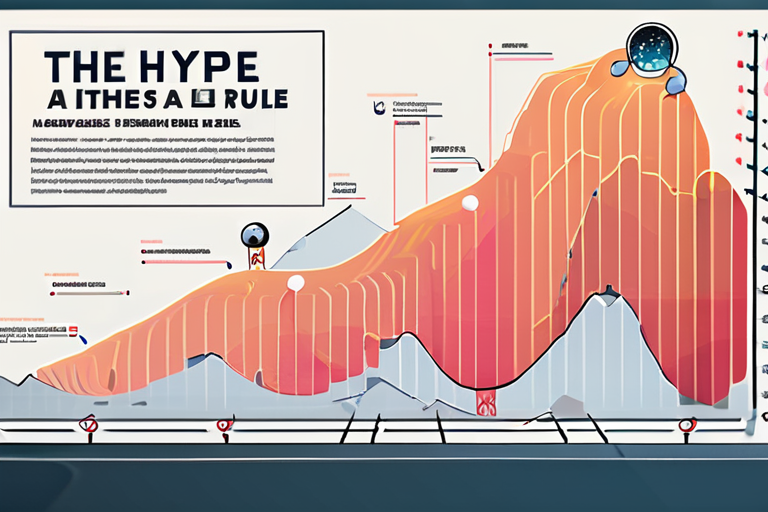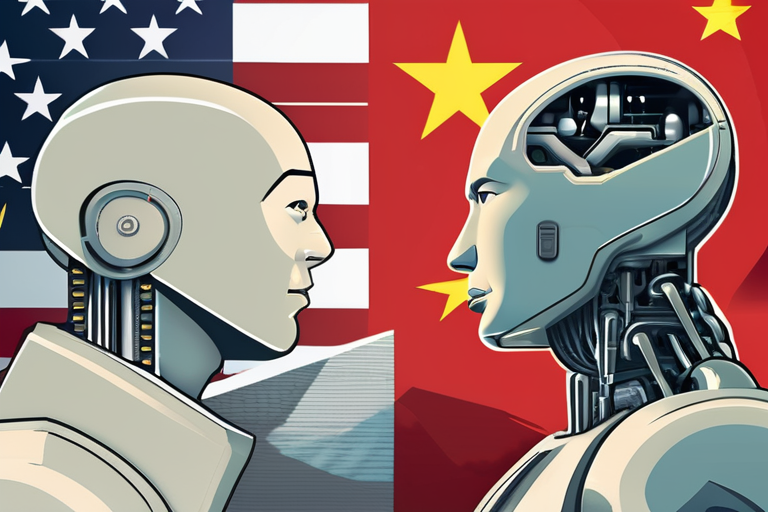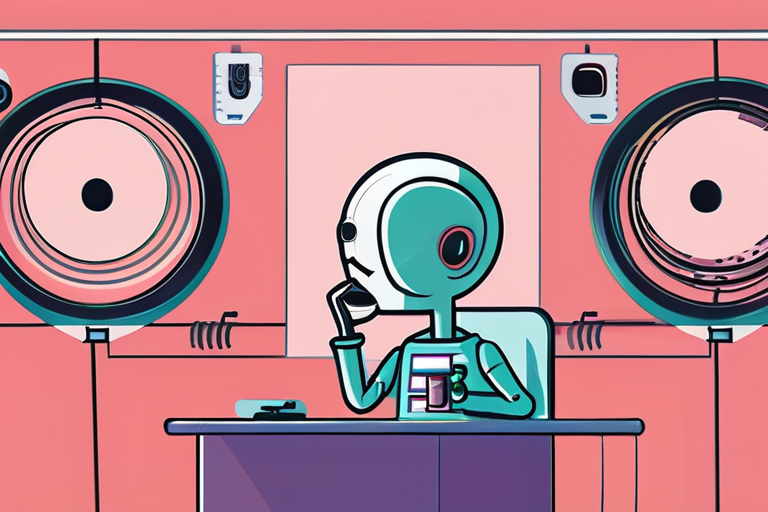The US and China have been engaged in a high-stakes competition to develop artificial general intelligence (AGI), a hypothetical technology that could surpass human intelligence in all domains. According to recent reports, the US government has allocated significant funding to advance AI research, with a focus on developing AGI that can be aligned with human values. Meanwhile, China has made significant strides in AI development, with its government announcing plans to invest heavily in the sector.
The US government's efforts to develop AGI have been led by the Defense Advanced Research Projects Agency (DARPA), which has launched several initiatives aimed at creating AGI that can be used for a variety of applications, including national security and healthcare. "We're not just trying to create a machine that can do one thing better than a human," said Dr. Gill Pratt, the director of DARPA. "We're trying to create a machine that can do anything a human can do, and that's a much harder problem."
China, on the other hand, has taken a more ambitious approach to AI development, with its government announcing plans to become the world leader in AI by 2030. The country has made significant investments in AI research and development, with a focus on applications such as facial recognition and natural language processing. "We're not just competing with the US, we're competing with the entire world," said Dr. Yuanqing Lin, a leading AI researcher in China.
The development of AGI has significant implications for society, and experts are divided on the potential benefits and risks. Some argue that AGI could bring about significant advancements in fields such as healthcare and education, while others warn that it could lead to job displacement and increased inequality. "AGI is a double-edged sword," said Dr. Nick Bostrom, a leading AI researcher. "It has the potential to bring about tremendous benefits, but it also has the potential to bring about tremendous risks."
The competition between the US and China to develop AGI has been ongoing for several years, with both countries making significant investments in AI research and development. However, the pace of progress has been slow, and many experts believe that the development of AGI is still several years away. "We're not even close to developing AGI yet," said Dr. Andrew Ng, a leading AI researcher. "But we're making progress, and that's what matters."
The latest developments in the US-China AI competition include the announcement of a new AI research initiative by the US government, which will focus on developing AGI that can be aligned with human values. The initiative, which was announced in June, will be led by DARPA and will involve a number of leading AI researchers. Meanwhile, China has announced plans to launch a new AI satellite, which will be used to develop AI applications in space.
In conclusion, the US and China are engaged in a high-stakes competition to develop artificial general intelligence, a technology that could surpass human intelligence in all domains. While significant progress has been made, the development of AGI is still several years away, and experts are divided on the potential benefits and risks. As the competition between the two countries continues, it remains to be seen which country will emerge as the leader in AI development.



























Share & Engage Share
Share this article